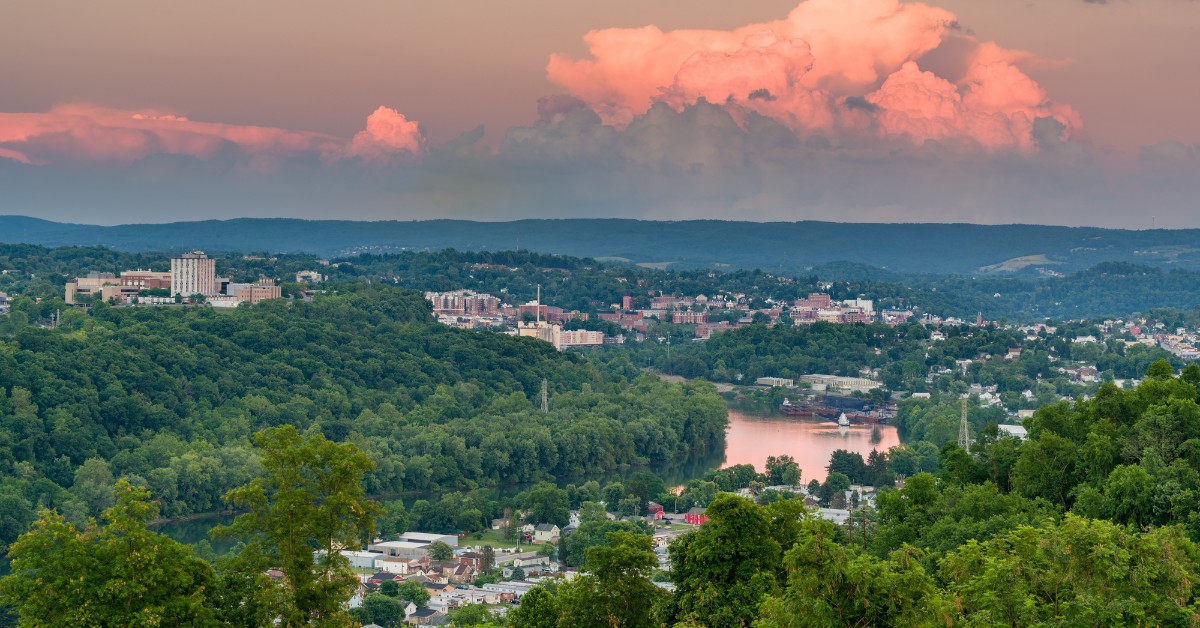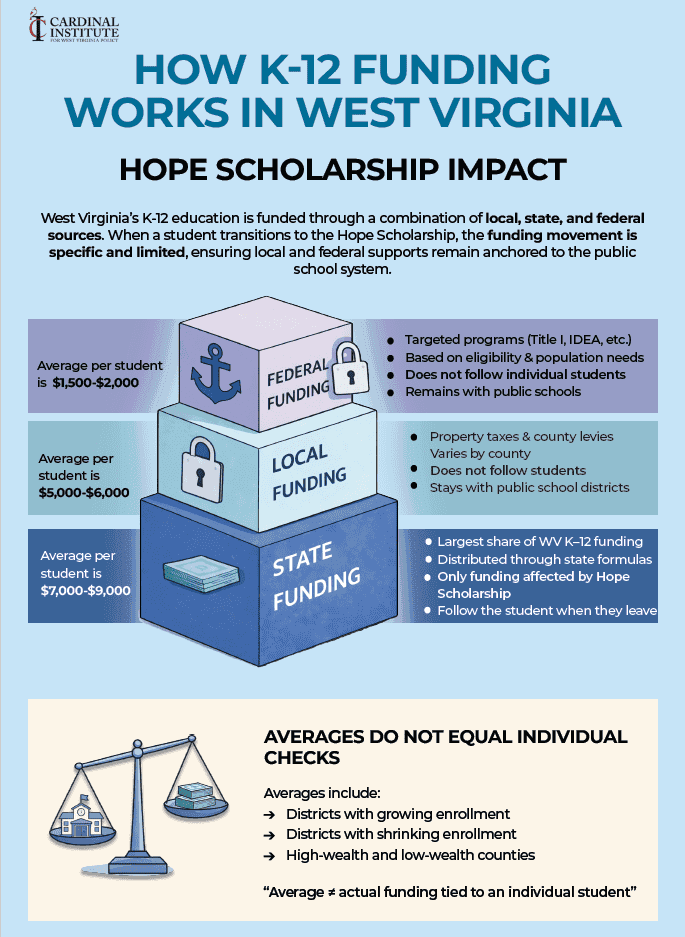
Labor Day and Worker Freedom
On Monday, Let Them Rest; On Tuesday, Let Them Work
Happy Labor Day! I hope that your long weekend and the unofficial end of Summer were filled with all that Labor Day usually has to offer: barbecues, parades, and of course, football. My family and I traveled from Columbus, OH to my hometown of Man, WV for a trifold of festivities: a gender reveal (I’ll have a new nephew in February), a birthday party (Happy Birthday, Dad), and the normal Labor Day customs, albeit a day early. Returning to Columbus, we spent Monday largely resting, saving for a trip to Columbus’s Greek Orthodox Cathedral for its Greek Festival and my family’s usual lunch spot, Rebol.
Some History of Labor Day
Labor Day, as we know it, was the result of an iterative process and a split history. Calls for the celebration of labor through an official holiday began to increase in the late 19th century. By the 1880s, those calls centralized on a September date to recognize workers. And so begins the holiday’s split history, courtesy of two men with very similar surnames.
By one account, beginning with a meeting of the Knights of Labor in New York City, Central Labor Union of New York Secretary Matthew Maguire is credited with the proposition of the first Monday in September as a national labor holiday following labor parades in New York around that time. By the opposing account, an early September Labor Day was the creation of Peter J. McGuire, Vice President of the Federation of Organized Trades and Labor Unions. Early September was chosen for two reasons: one being optimal weather and the other its location roughly in the middle between two other public holidays: the Fourth of July and Thanksgiving.
Regardless of which McGuire (or Maguire) first proposed our early September Labor Day, after Oregon made the holiday official in 1887, followed by several other states in the next few years, Grover Cleveland made the holiday a federal one in 1894.
Laborers Should Be Free to Earn a Living
Labor Day celebrates work. Without work and workers, what would it be for? Yet we have in this country barriers that stand in the way of labor, that deny the dignity of work to those who would grasp it, and render unattainable the benefits of their work to the consumer. Those barriers are the various occupational licensing laws. Occupational licensing laws make it harder for people to get to work. To illustrate this, let’s look at one of West Virginia’s most popular licenses, cosmetology, courtesy of the Institute for Justice.
Here in the Mountain State, it takes 1,800 hours of classes to obtain a license in cosmetology. Across the country, cosmetology programs rarely graduate students on time. In 2016-2017, a cosmetology program was 20 times more likely to graduate 0 students on time than to graduate all their students on time. On average, these classes cost students $14,281. To pay this cost, on average, cosmetology students take out $4,569 in student loans. Even with such a large investment, cosmetologists only earn $20,380 yearly. To supplement these wages, roughly 15% of cosmetologists work a second job, compared to just 5% among all workers.
Celebrate Workers on Labor Day
If we want to debate the necessity of licensing for heart surgeons and skyscraper builders, we can, but as we all enjoy this week’s short work week courtesy of Labor Day, let us commit to letting those who want to work, work, by committing to remove all unnecessary licensing requirements and refusing to legislate more. By doing so, we will allow more of our fellow Mountaineers to earn a dignified living legally and keep thousands of dollars in their pockets.








